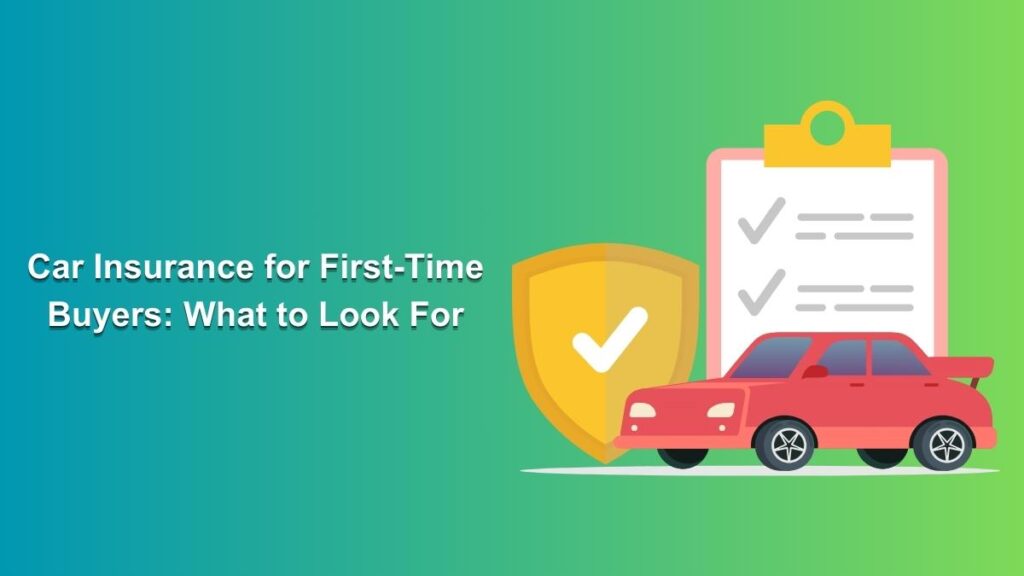Car insurance is a crucial aspect of owning and operating a vehicle, and for first-time car buyers, it’s essential to understand the basics of finding the right insurance policy. Here are some important factors to consider when looking for car insurance as a first-time buyer:
Coverage Types:
a. Liability Coverage: This is typically required by law and covers the cost of damage or injury you cause to others in an accident.
b. Comprehensive Coverage: This covers damage to your own vehicle due to non-collision incidents like theft, vandalism, or natural disasters.
c. Collision Coverage: This pays for damage to your car in a collision with another vehicle or object.
d. Personal Injury Protection (PIP): Covers medical expenses and lost wages for you and your passengers, regardless of fault.
e. Uninsured/Underinsured Motorist Coverage: Protects you if you’re involved in an accident with a driver who has no or insufficient insurance.
State Requirements:
Ensure you meet your state’s minimum insurance requirements. Each state has its own minimum liability coverage limits, and failing to meet them can result in legal consequences.
Deductible:
Your deductible is the amount you pay out of pocket before your insurance kicks in. Choosing a higher deductible can lower your premium, but you’ll pay more in the event of a claim.
Premium Cost:
Consider your budget and shop around for competitive rates. Get quotes from multiple insurance companies and compare them to find the best deal.
Discounts:
Ask about available discounts. Insurers often offer discounts for good driving records, completing driver education courses, bundling home and auto insurance, or having safety features in your vehicle.
Coverage Limits:
Evaluate your potential liability in case of a severe accident. You may want coverage limits that go beyond the state’s minimum requirements to ensure you’re adequately protected.
Customer Service:
Research the insurance company’s reputation for customer service, claims processing, and response to inquiries. Read reviews and check their financial stability.
Policy Add-Ons:
Some insurance companies offer optional coverage add-ons, such as roadside assistance, rental car reimbursement, and gap insurance. Consider whether these are relevant to your needs.
Research the Insurance Company:
Check the financial stability and reputation of the insurance company. You want an insurer that is financially sound and responsive to policyholders’ needs.
Review the Policy:
Thoroughly review the policy documents to understand what is covered and what is not. Pay attention to exclusions and limitations.
Payment Options:
Ask about flexible payment options and whether you can save money by paying annually or semi-annually instead of monthly.
Keep a Good Driving Record:
Maintaining a clean driving record by avoiding accidents and traffic violations can help you secure lower insurance premiums.
Regularly Update Your Policy:
As your circumstances change, such as moving, getting married, or buying a new car, update your insurance policy to ensure you have the right coverage.
Seek Professional Advice:
If you’re unsure about the details of insurance or which coverage options are best for you, consider consulting with an insurance agent or broker for expert guidance.
Conclusion:
Remember that car insurance is not a one-size-fits-all product. It’s essential to tailor your coverage to your specific needs and circumstances while staying within your budget. Comparing quotes and doing your research will help you find the right policy for your first car.



